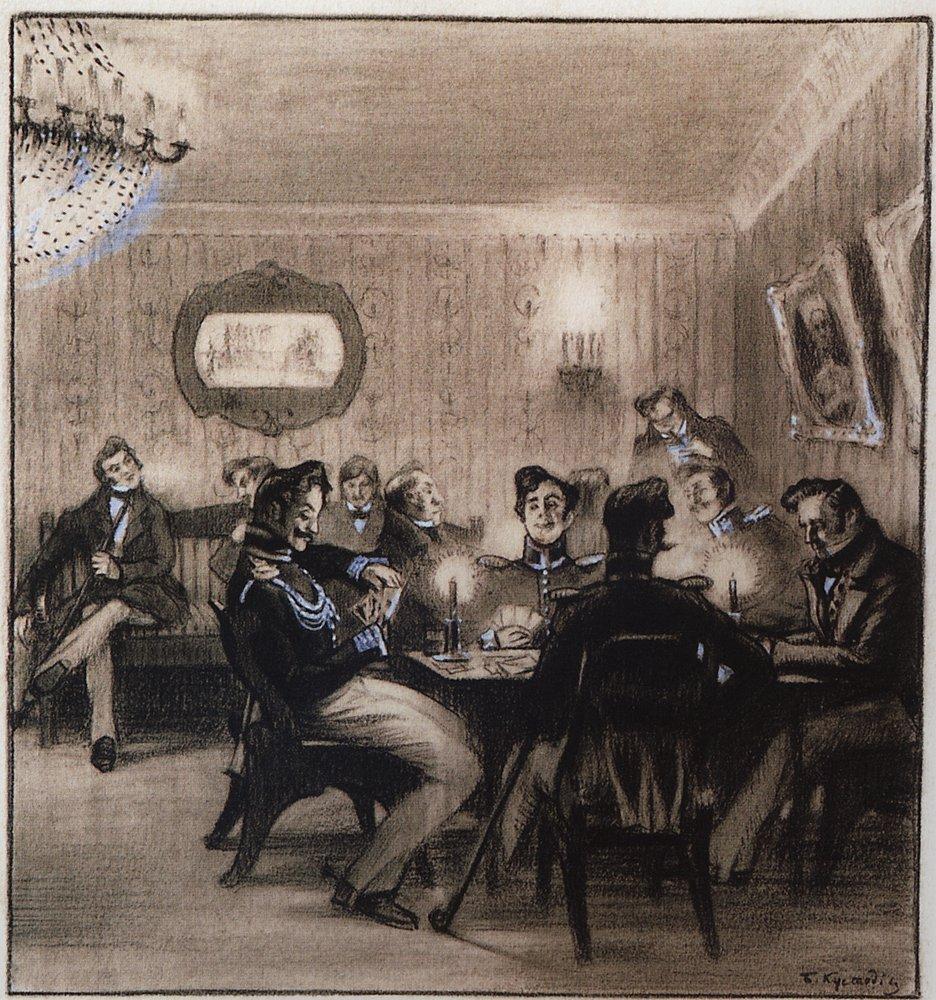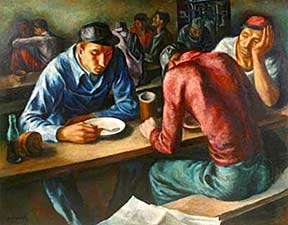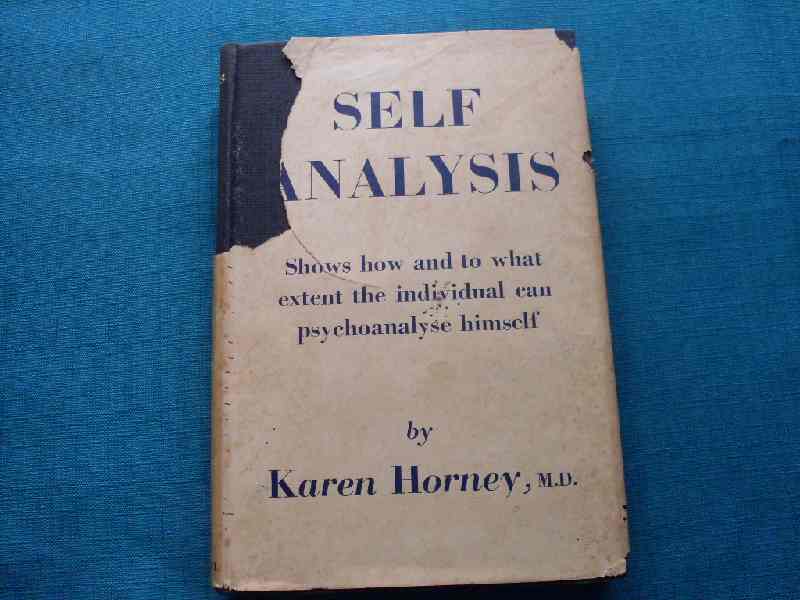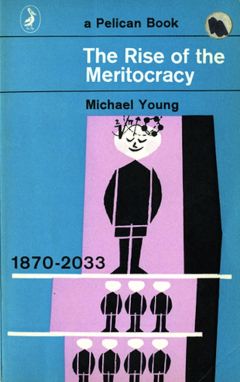We Were Promised Hot Tubs
Bob Welch and the glories of the lost ideal of 1970s adulthood

I guess I am old enough now for my music-writing "career" to have entered officially into the obituary rather than the discovery phase. It's just more likely at this point that a musician I already love will die than it is that I will find new musicians to get that attached to. Anyway, I wanted to write something about Fleetwood Mac guitarist Bob Welch after I heard about his death last week, maybe something about the neglected Mac albums that feature him prominently, Bare Trees or especially Mystery to Me, or maybe something about his special flair for vaguely cosmic, meandering midtempo love songs like "Emerald Eyes" and the epic "Future Games." But then I remembered I had written an appreciation of sorts a few years ago of his first solo album, French Kiss (1977), the apex of his success. Now seems as good… Read More...















